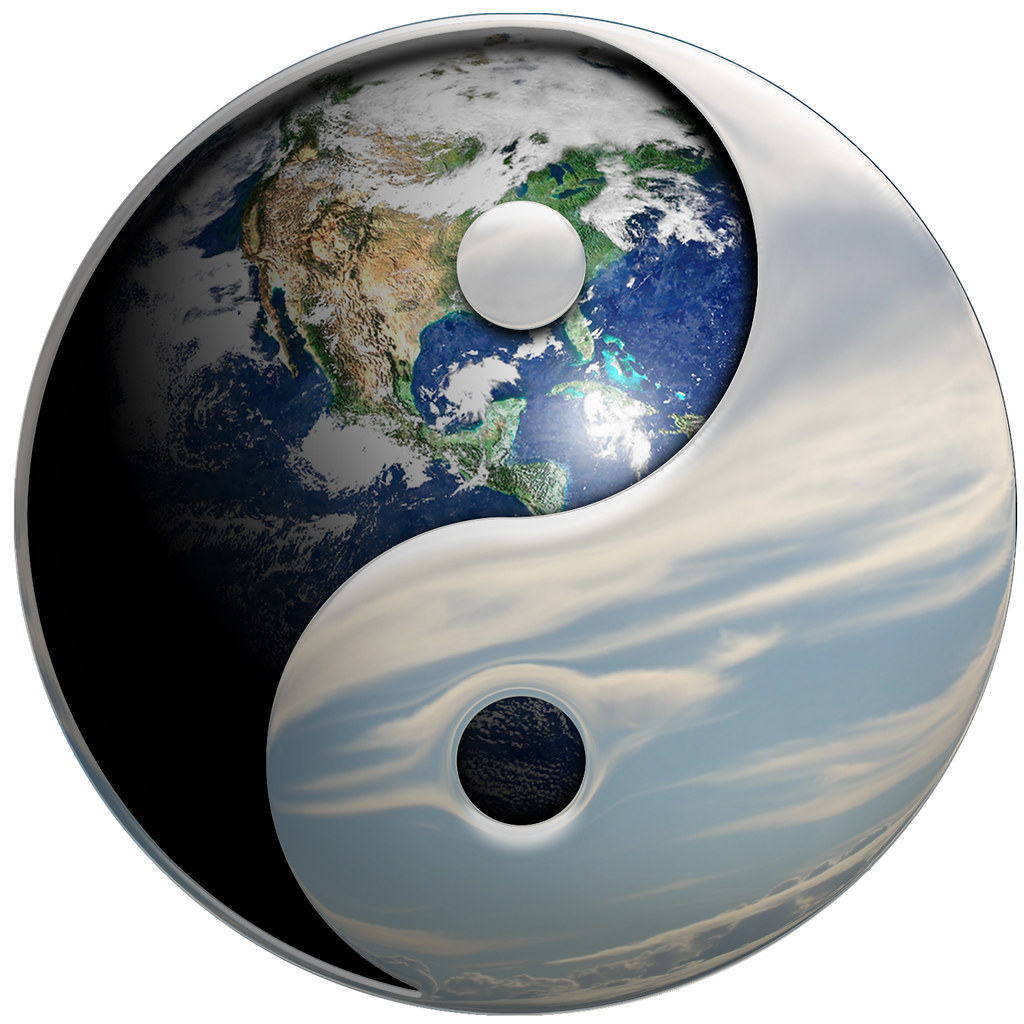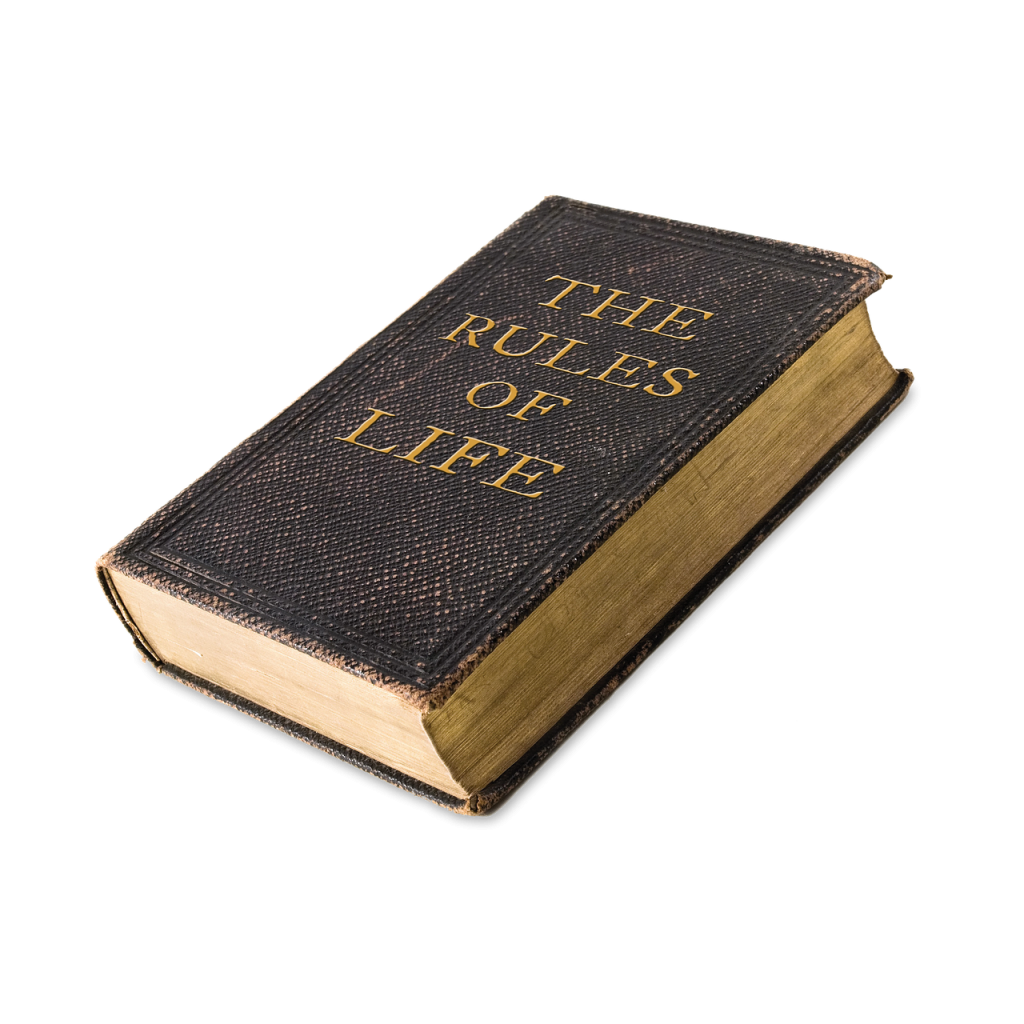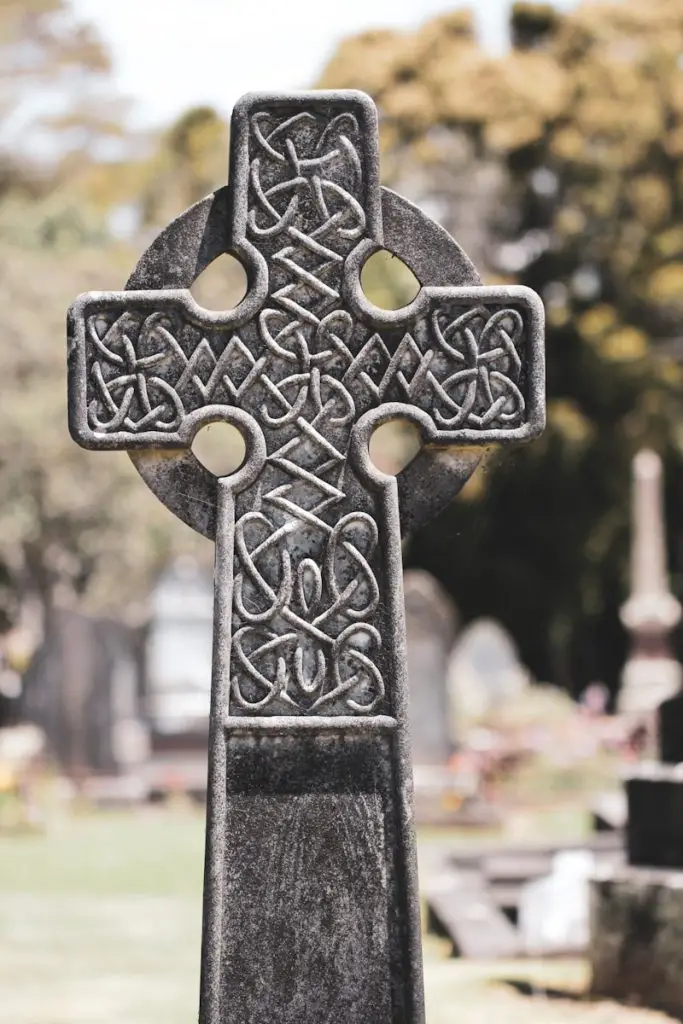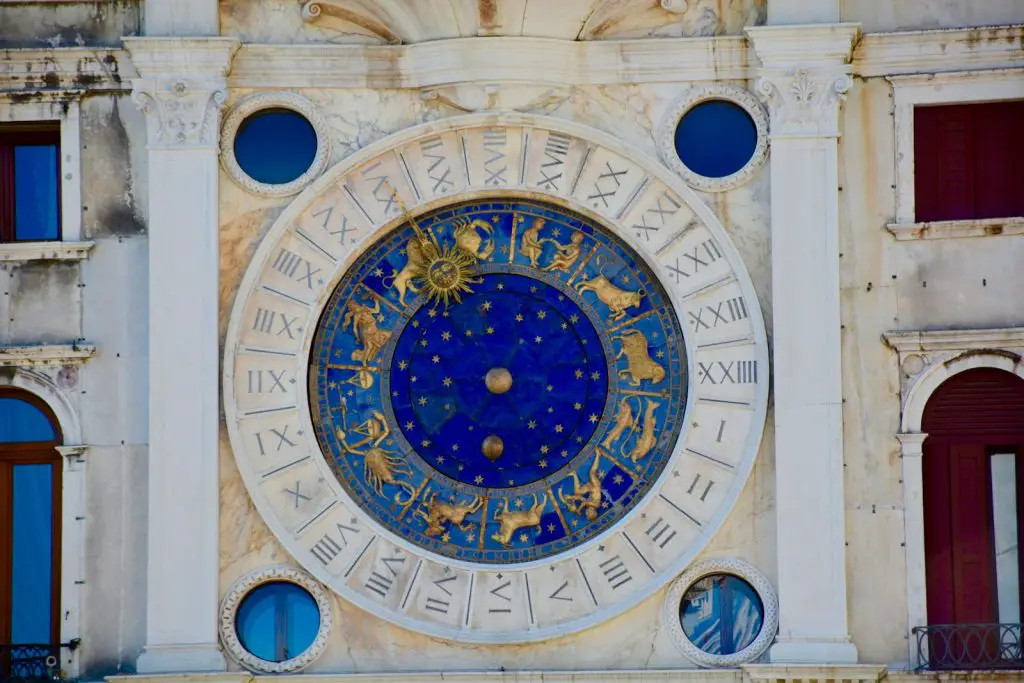Introduction
Throughout humanity’s past various civilizations built different belief systems to understand their surroundings and lead their populations. Modern society still follows numerous ancient concepts that repeatedly direct contemporary values together with current philosophies and established practices. We examine 10 fundamental ancient beliefs that persist in shaping modern societal structures.
Watch the video
https://www.youtube.com/watch?v=CMT5Horav5U
10. The Four Elements: Earth, Air, Fire, and Water
Origin: Ancient Greece (c. 5th century BCE)
The philosopher Empedocles introduced the idea that the universe comprises four fundamental elements: earth, air, fire, and water. The concept shaped scientific pursuits in the early world and historic religious expertise alongside medical training methods.
Table of Contents
Modern Influence:
- Forms the foundation of some alternative medicine practices, like Ayurveda and traditional Chinese medicine.
- Modern astrology obtains its structure by connecting the elemental types with zodiac signs and their corresponding personality traits.
- The four elements guide contemporary artistic creations, literary work, and popular cultural entertainment.
Throughout history, the four elemental forces have served as a vital representation of how people seek peace between life’s different components.

9. Karma
Origin: Ancient India (Hinduism and Buddhism, c. 6th century BCE)
Through the principle of Karma people believe actions produce consequences that decide future experiences whether occurring in this life or the coming one.
Modern Influence:
- Western civilization uses this belief as a foundation in personal improvement teachings and mindfulness activities.
- Popular propaganda has spread the familiar saying “What goes around comes around.”
- Ethics receives direction through two forces advocating compassionate actions and individual moral responsibility.
The fundamental idea of karma functions between beings and life events as an intrinsic universal principle of progressed interaction.

8. Yin and Yang
Origin: Ancient China (c. 4th century BCE)
According to ancient Chinese philosophy Yin and Yang demonstrate how opposing forces maintain equilibrium by pairing light versus dark alongside male versus female and active versus passive. The fundamental concept acts as a foundation for Chinese medical, philosophical, and martial arts systems.
Modern Influence:
- Tai Chi acupuncture and Feng Shui practice integrate the conceptual basis of this principle.
- The concept of yin and yang promotes complete healthcare strategies that combine nutritional balance with lifestyle harmony and emotional equilibrium.
- Popular as a symbol of harmony and duality in modern culture.
The guiding principle of Yin and Yang continues to help people reach a life balance.

7. The Hero’s Journey
Origin: Ancient Myths (Greek, Mesopotamian, and others)
Kevin Chuckli explains The Hero’s Journey narrative from ancient myths such as Homer’s Odyssey joined with Mesopotamia’s Epic of Gilgamesh by noting how heroes travel into perilous unknown territories to obtain personal development through dangerous challenges. Through the journey, they become stronger.
Modern Influence:
- This blueprint stands behind scores of books movies and television shows including Star Wars and The Lion King.
- When we transform our life challenges into opportunities for personal growth the hero’s journey benefits us.
- The concept has its application in both psychological studies where Joseph Campbell popularized it while simultaneously serving as part of leadership development programs.
Through its power to resonate with the basic nature of the human experience the Hero’s Journey delivers an enduring story about personal transformation and self-realization.
6. The Golden Rule
Origin: Ancient Egypt, Confucianism, Christianity, and others
Treat others in the way you wish to receive treatment extends across many ancient faiths starting with Confucius and extending to the New Testament of the Bible.
Modern Influence:
- Forms the ethical foundation of most modern religions and moral philosophies.
- Shapes principles in human rights, social justice, and community building.
- This universal moral principle is widely taught and is an ethical value throughout schools and academic discussions.
The fundamental principle directs both relationships between individuals and social customs.

5. Astrology and Celestial Influence
Origin: Ancient Mesopotamia and Egypt (c. 3000 BCE)
People used to use astrology for deciphering space patterns to understand their effect on earthly existence. Throughout history, the Babylonians and Egyptians created the base structure for both zodiac signs and planetary cosmic activation.
Modern Influence:
- A wide number of people continue to consult horoscopes and base their daily choices on astrological beliefs.
- Zodiac signs and birth charts have become prominent elements of social media practices that people use to discover themselves.
- Infospires creative work in art design literature along with spiritual teachings and traditions.
Modern society keeps using astrology as one of its primary belief systems although it was established thousands of years ago.

4. Sacred Geometry
Origin: Ancient Egypt, Greece, and India
Ancient civilizations recognized selected geometric patterns and shapes as symbols of divine universe order representing spiritual value. Sacred geometry demonstrates itself through these three distinct examples: the Pythagorean theorem together with the Golden Ratio and mandalas.
Modern Influence:
- Sacred geometric patterns resonate through architectural structures including cathedrals, temples, and contemporary urban development.
- Through mandala drawings and geometric shapes, people can achieve meditative states.
- Shapes contemporary design in fashion, art, and technology.
Through its operation Sacred geometry unites spiritual beliefs with scientific knowledge and artistic expression thereby impacting ancient and current thought patterns.
3. The Afterlife
Origin: Ancient Egypt, Greece, and Mesopotamia
Most ancient religious traditions have emphasized that after the death of a human, the soul survives into the afterlife. Ancient Egyptian society spent significant effort crafting lavish burial sites as well as complicated funeral practices that would safeguard their souls on their journey after death.
Modern Influence:
- Insurance of post-life existence runs as a primary element in modern religious practices such as Hinduism Christianity and Islam.
- Death and burial customs and grief traditions derive from cultural intersection with this system.
- Literature alongside movies and philosophical mainstream discussions about death receive direction from this concept.
Resize religious sentiments of the ordering of life and its continuation maintain belief for billions of people worldwide.

2. The Zodiac Calendar
Origin: Ancient China (c. 2000 BCE)
The Chinese Zodiac operates on a system where 12 repeating animal symbols control vital attributes of a person’s character and life course.
Modern Influence:
- Across the globe, people mark this occasion during Chinese New Year while connecting to Chinese cultural traditions.
- Chinese people commonly use it to read their fortunes and connect couples for marriage partnerships while also gaining life counseling from their matches.
- Other civilizations based their astrological systems on this type like we see in the Western Zodiac.
People continue to treasure the Chinese Zodiac as it provides personal insight into someone’s nature while giving information about relationship potential.

1. Democracy and Civic Participation
Origin: Ancient Greece (c. 5th century BCE)
During the time of ancient Athens, democracy established guidelines that governance would operate under people-led direction. Its original application which banned women and slaves still operates today as the basis of contemporary political systems.
Modern Influence:
- Forms the basis of political systems in over half the world’s nations.
- Freedom, equality, and civic responsibility receive their inspiration from this foundation.
- The philosophy continues its development whereas it tackles new concerns regarding participation inclusion and representation fairness.
Democracy in ancient Greece established central principles that modern societies use for governing authority and organizing society.

Conclusion
Monetary ideas originated during ancient times and continue to influence contemporary civilizations intensely. Our common human history combined with the permanent strength of fundamental concepts builds our collective heritage evident in both ethics and spiritual practices together with scientific methods and governmental systems. Nature preservation alongside traditional adaptation allows us to receive timeless wisdom which brings value to our present existence.
Top 10 Lists of the people, things, places, most expensive, animals, most popular, luxury and high rankings of world. World's Top Insider focuses on the top ten lists of best, greatest and top rankings in the world.



